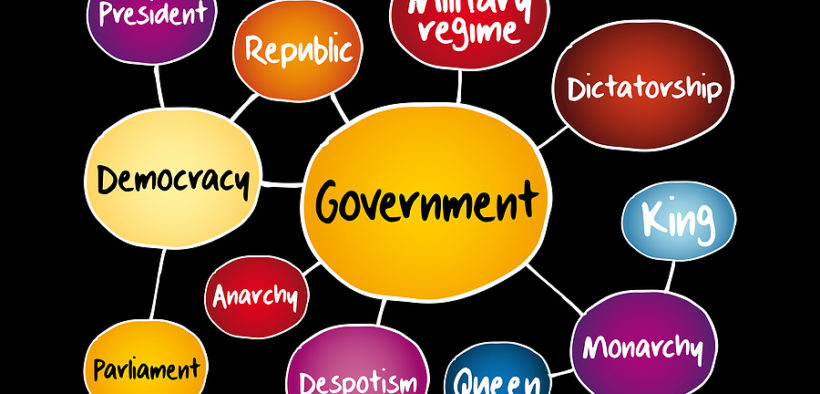Is Next Century Belongs to Democracy or Monarchy and to What Kind of Economy?
Share

When we think of a monarchy, we might think of a queen or king ruling the roost. While
monarchies, where a ruler possesses absolute power are still around, most rulers in
monarchies follow a constitution or share power with a parliament.
Absolute Monarchy
The monarch is the only power and source of all laws in an absolute monarchy. The monarch
possesses total control and power to make any rule just by deciding it. Any other organization
in the country cannot make regulations that affect the monarch, unless the monarch decides to
permit it.
These kinds of monarchies are very rare today. The monarchs do not possess a lot of power in
it. Nations that are examples of an absolute monarchy are Brunei, Qatar, Saudi
Arabia, Oman, Vatican City, and Swaziland.
Constitutional Monarchy
A constitutional monarchy, democratic monarchy, or parliamentary monarchy is a form
of monarchy that is usually a democratic nation and has a proper constitution, with the
monarch as head of state. In these monarchies, either the monarch has to follow the rules like
everyone else, or, if the monarch does not have to follow the same regulations as the rest of
the population, there are some specific rules that demonstrate what the monarch can and
cannot do.
In a constitutional monarchy, there is usually a separation of powers, and the monarch often
possesses just ceremonial functions. Examples of Constitutional monarchies are Australia,
New Zealand, United Kingdom, Sweden, Belgium, Japan, Netherlands, Thailand, Norway,
Denmark, and Spain.
In 2017, it was estimated that about 49.3% of the world’s population was living in some form
of democracy, though just 4.5 percent was enjoying full democracies. On the other hand,
monarchies would have a significant role to play, even in the next century. Monarchs play a
vital role especially in multiethnic countries such as Belgium, in order to unite diversified and
often hostile ethnic groups under a common loyalty to the monarch instead of to a tribal or
ethnic group.
Either monarchy or democracy, effective strategic planning would be the most important
component for countries in the next century. Many governments develop strategic planning
within a short-term, medium-term, and long-term planning framework. Planning in this
framework can support the countries to complete their short-term plans while keeping longer-
term goals in mind. The best example of effective strategic planning in current times is
China’s Strategic Planning in terms of years seem to setting for the next 100 years, beyond
the imagination of what our business schools teach. Since 1949, China has had four
successive grand strategic planning: revolution (1949-77), rehabilitation (1978-89),
developing comprehensive national power (1990-2003), and rejuvenation (2004 to the
present). Due to stronger and powerful strategic planning, China’s economy is moving
towards stability despite the destructive COVID-19 pandemic.








